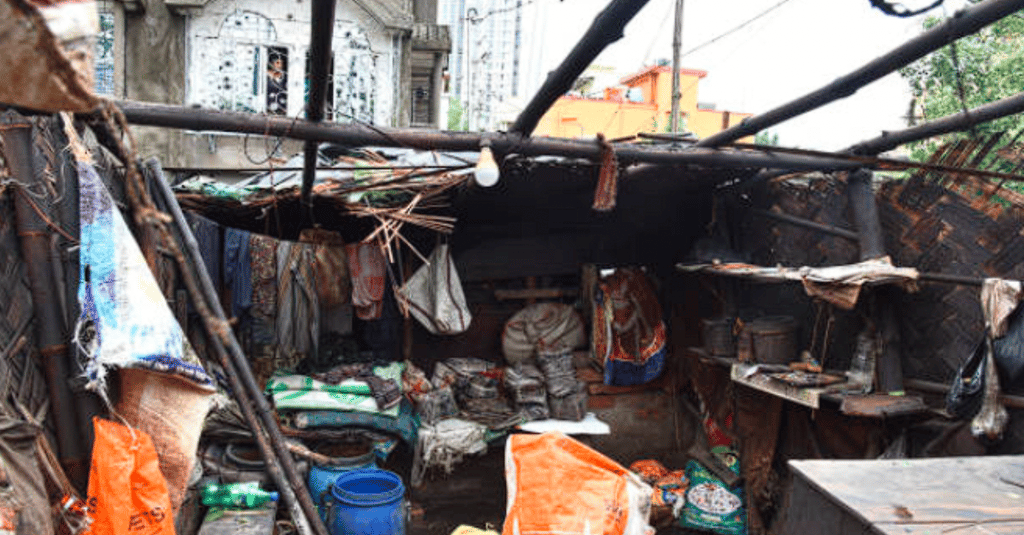This is Only the Beginning
As I grew older, the comforting familiarity of the seasons became not so familiar. Summers lasted longer, rainfall fell unpredictably, and floods created paths across formerly safe areas. Watching these changes felt like losing a piece of myself.


Growing up in India, nature was an essential part of my identity. I can still feel the beat of monsoon rains on rooftops, smell the first scent of summer showers, and hear the delicate rustle of leaves in light winds. These encounters connected me to my homeland and evoked powerful memories. However, as I grew older, the comforting familiarity of the seasons became unfamiliar. Summers lasted longer, rainfall fell unpredictably, and floods created paths across formerly safe areas. Watching these changes felt like losing a piece of myself.
I remember the day I truly grasped climate change—not in a classroom, but in my mother's concerned look as she talked of her parents, whose lives had been devastated by an awful cyclone. Her eyes were filled with concern as she told how powerful winds had wrecked their town, uprooting crops that had nourished their family for decades. The once-familiar countryside devolved into chaos, with rich fields, drowned and a bleak wasteland in its place.
When I found cellular and molecular biology, it felt like a revelation—like peering at life through a microscope and discovering the intricate web that connects all living things. I was fascinated by how even minor cellular interactions might have far-reaching consequences, affecting everything from plant development to animal behavior. This newfound knowledge felt like a key to unlocking the delicate balance of life and protecting what I valued.
As I dug deeper, my fascination evolved into a great sense of obligation. I understood that researching these fundamental processes would provide me with insights into nature's resilience and challenges. My current passion is not just comprehending the complexity of life, but also applying that knowledge to protect the environment and promote sustainability. As I dug deeper, my fascination evolved into a great sense of obligation. I understood that researching these fundamental processes would provide me with insights into nature's resilience and challenges. My current passion is not just comprehending the complexity of life, but also applying that knowledge to protect the environment and promote sustainability.
The turning point occurred when I learned about global initiatives such as the Paris Agreement. I realized that I wasn't alone in this fight; nations and communities were banding together to safeguard our own homes. I want to be a part of that movement, working as a sustainable scientist at the United Nations, developing solutions that would provide hope and security.
Sustainability is more than simply an academic goal for me; it is a commitment to farmers facing changing seasons, children who deserve a beautiful world, and displaced families who remind me that science is about humanity. I still believe in science's ability to rewrite the future. This adventure will demand more of me than I can imagine, but I'm prepared. I keep my memories and mission with me, hoping that one day my work may contribute to the creation of a world in which humans can coexist with nature.
This is my journey toward sustainable change. And this is only the beginning.
Aftermath of Super Cyclone Amphan.
Photo courtesy of Prasanta Biswas/Majority World/Universal Images Group via Getty Images
